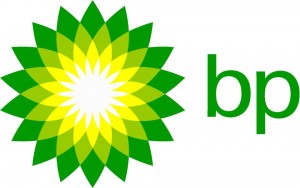
But the biggest concern now is whether or not the cap is actually working as well as we hope it is. Issues regarding whether or not oil and gas are leaking from other underwater release points have surfaced, and BP gets 24 hours to monitor the true integrity of the cap.
Meanwhile, the government is considering extreme changes to current maritme laws capping product liability costs to BP and Transocean, and restricting recoveries to those who have been affected by the gargantuan disaster.
On July 1, 2010, the U.S. House of Representatives passed the Securing Protections of the Injured from Limitations on Liability (SPILL Act). The act was sponsored by Rep. John Conyers (D-Mich.), and co-sponsored by Charlie Melancon (D-La.). According to Melancon:
“When it comes to compensating victim’s families, current laws are inconsistent, lax and encourage companies to take risks—gambling with the lives of workers in the process.”
Supporters of the SPILL Act claim that it will:
- Allow families of deceased victims to recover for pain and suffering. The Act will amend The Death on the High Seas Act (DOHSA) and the Jones Act, both dating back to 1920, which currently prevent victims from claiming for non-pecuniary damages. The passage of the act will allow claimants to recover for pain and suffering, and loss of care, comfort, and companionship.
- Repeal the Limitation on Liabilities Act (LOLA, of 1851), which limits the liability of vessel owners ( in this case, Transocean), to only the cost of their vessel and its cargo at the time of the accident.
- Keep responsible parties from using bankruptcy as a way to avoid compensating those injured by the disaster.
- Apply changes to pending and future claims.
Families of victims that were killed or injured in the explosion have obviously voiced their support for the SPILL Act. On July 13th, the proposal was passed on to the Senate, who read it and passed it on to The Committee on Commerce, Science, and Transportation.
Product Liabilty and the Minnno Law Office
Fears that BP will escape sufficient liability when it comes to compensating victims of this monstrous tragedy are real and well founded. The passage of the SPILL Act will certainly do great things for the recovery efforts of victims and their families. Manufacturers and responsible parties should never be able to skirt their duties of compensation.
If you or a loved one have been injured by a defective product, the product liability attorneys at the Mininno Law Office will work ’round-the-clock to help you get the money you deserve. Act now if you are suffering injury or loss to the negligence of a manufacturer. Contact the Mininno Law Office for a free case evaluation, or call us at (856) 833-0600 in New Jersey, or (215) 567-2380in Philadelphia.
